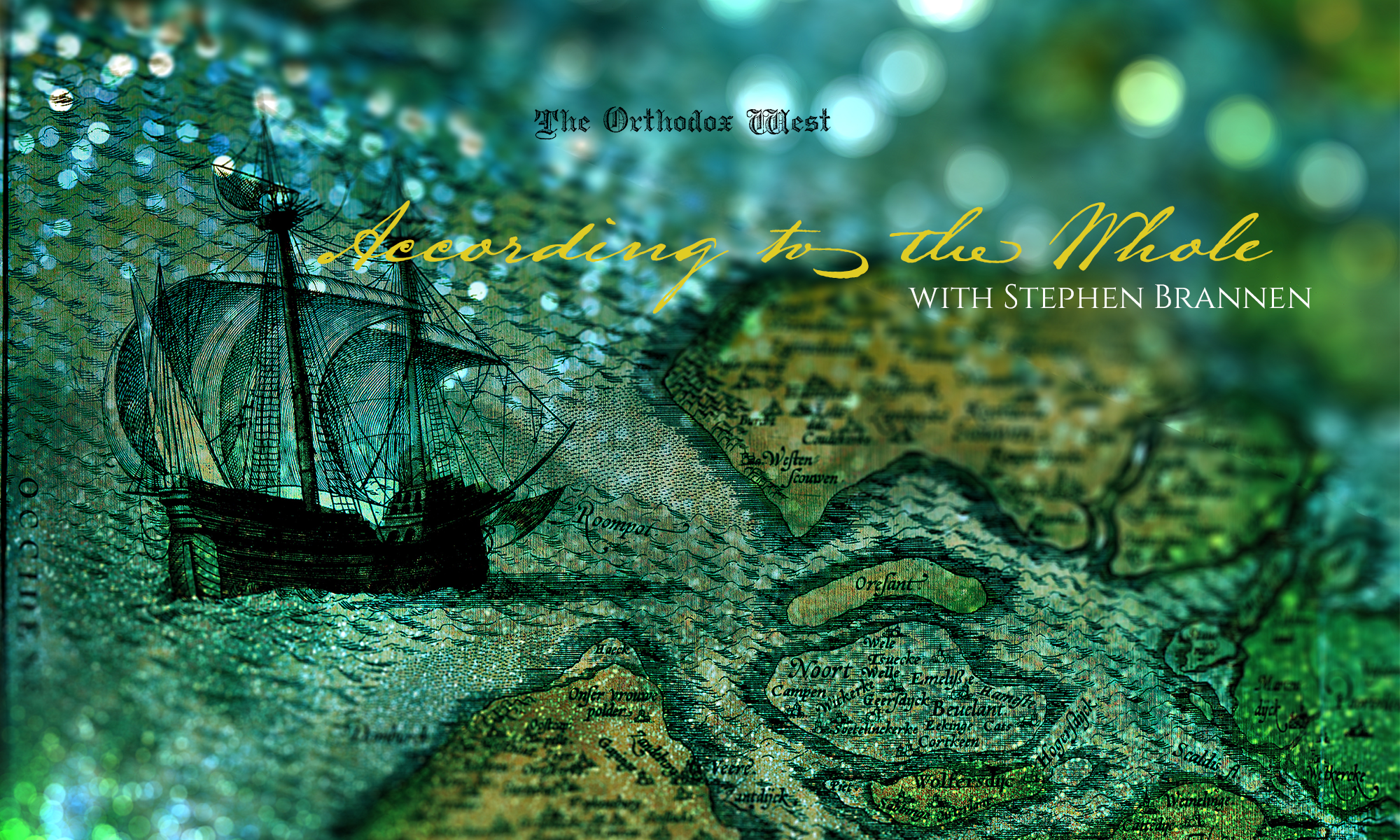This year, something is happening on Christmas Eve that rarely happens: it falls on a Sunday. This is the only liturgical Vigil that is allowed to fall on a Sunday, as Vigils in the Western Rite are always penitential and preparatory in nature (fasting is prescribed and the liturgical color is purple). So in all other instances where a Vigil would fall on a Sunday (excepting the Vigil for Epiphany which simply gets replaced by the Mass of the Holy Name of Jesus), the Vigil gets anticipated and bumped back to Saturday or the first available day prior. Christmas Eve is entirely unique in being able to be celebrated on a Sunday. And when this does happen, aside from the fast being lifted, there is almost nothing that changes liturgically. . . . except for one particular Proper chant which is only ever sung in this instance. That chant is the Alleluia verse, which runs:
“Alleluia, alleluia. Tomorrow, the iniquity of the earth shall be done away: and the Savior of the world shall reign over us. Alleluia.”
[Latin] “Alleluia, alleluia. Crástina die delébitur iníquitas terræ: et regnábit super nos Salvátor mundi. Alleluia.“
The meaning embedded in these rubrics for a Sunday Vigil Mass essentially communicates the same thing as the other Sundays in Advent: though the Mass has a Lent-like penitential and preparatory character, the Alleluia chant still rings out to remind us that the register of Advent is a little higher than Lent. And this particular Alleluia rings out particularly emphatically. Unlike most Alleluia chants (and most Proper chants in the Western Rite, for that matter) this chant doesn’t come from Scripture. It’s an ecclesiastical composition, though it’s extremely informed by Scripture.
“The iniquity of the earth shall be done away” or “blotted out.” Notice that it’s not the iniquity only of the select few, the shepherds or the magi or those who first encounter the Divine baby. Even as the God-Man is humbly placed in a food trough for farm animals and has his tiny limbs bound in swaddling clothes, he reigns over “us” (all-inclusive), and the iniquity of THE EARTH is done away. This universal, triumphal language takes account of the completion of the road the incarnate God will walk, faithfully from his first steps as a small child to his walking the Via Crucis to his final footprint on the Mount of Olives at his glorious Ascension. From the very first appearing (adventus) of the Lord, all iniquity is done away: because all iniquity exhausts itself on his Flesh in his Passion, and he overcomes it. So, as soon as the Flesh capable of exhausting all the iniquity—the wickedness, the immorality, the evil—of the world is first revealed to that world, that iniquity is already defeated, even if it doesn’t yet know it.
We know that God is outside of and above time, and that his purposes of love and salvation are accomplished from before the world even began, as Christ is already crucified even from the foundation of the cosmos (Revelation 13:8). His Nativity, then, is an unveiling of this reality, an Advent that is also an apocalypse, a revelation to the world of God’s purposes which are already in the Godhead known and seen. That’s why at the birth of this miraculous baby we can say that the iniquity of the whole earth is abolished, and also that the one who abolishes that iniquity—the Savior of the world—already will be reigning, even from his makeshift crib.
But for us who are in time, even as we liturgically break the bounds of time and mystically re-enter the day just before Christ’s birth, we still acknowledge our time-boundness by waiting until “tomorrow” to liturgically find ourselves present at his crib and to kneel with the shepherds and angels in adoration of the unveiling of our newborn King and Savior.

